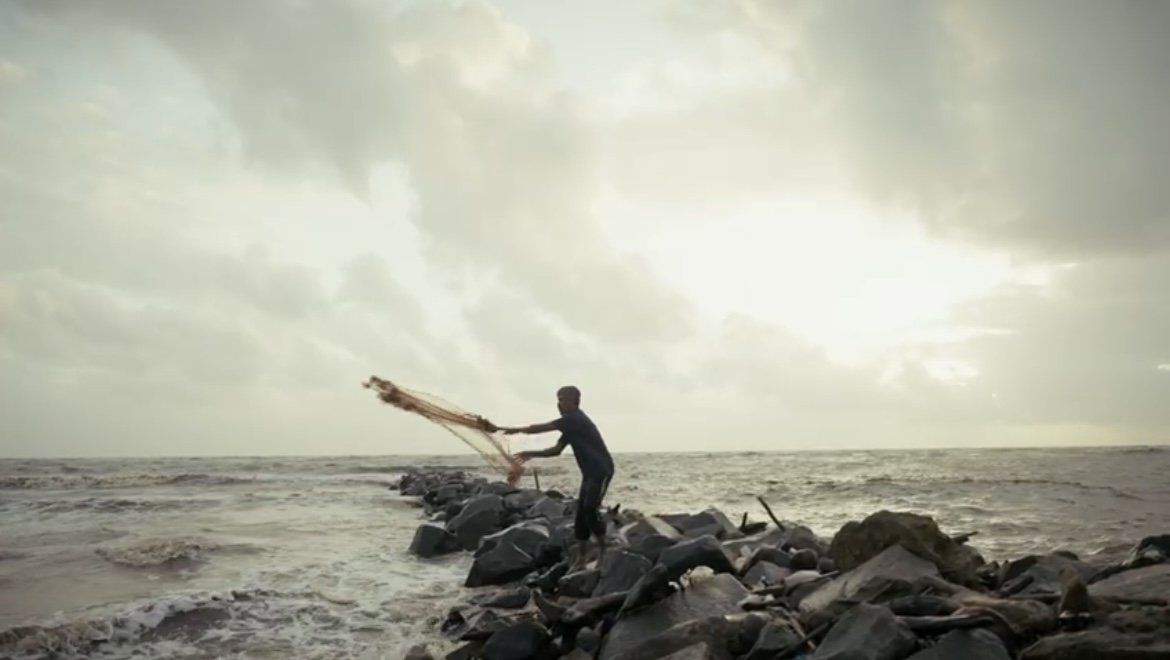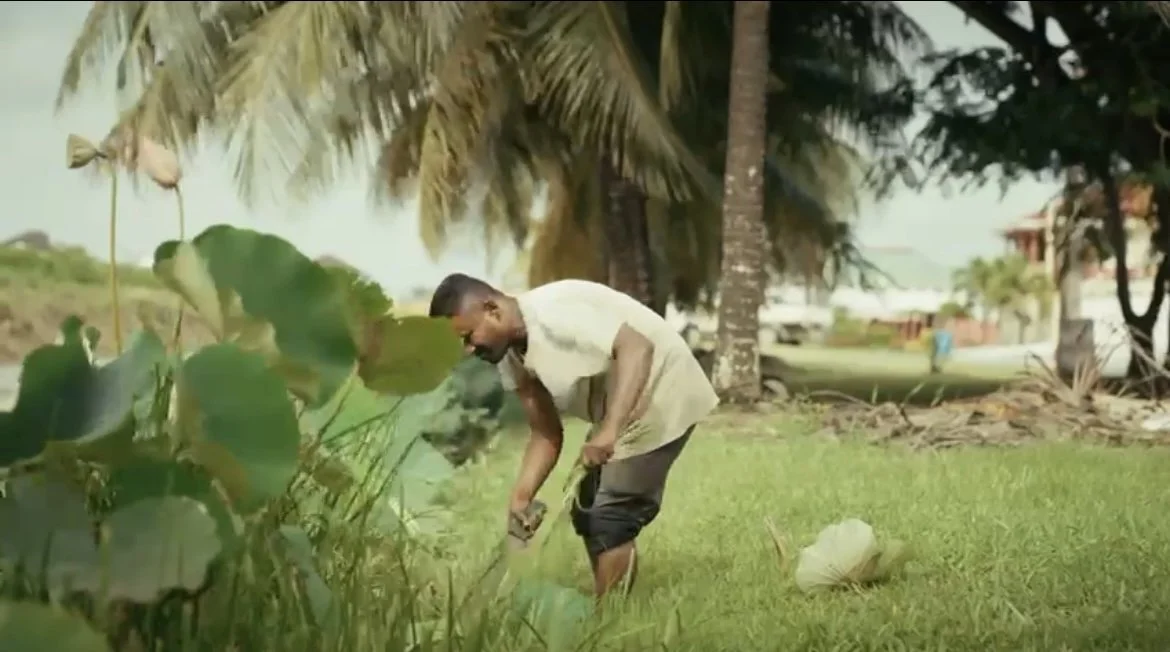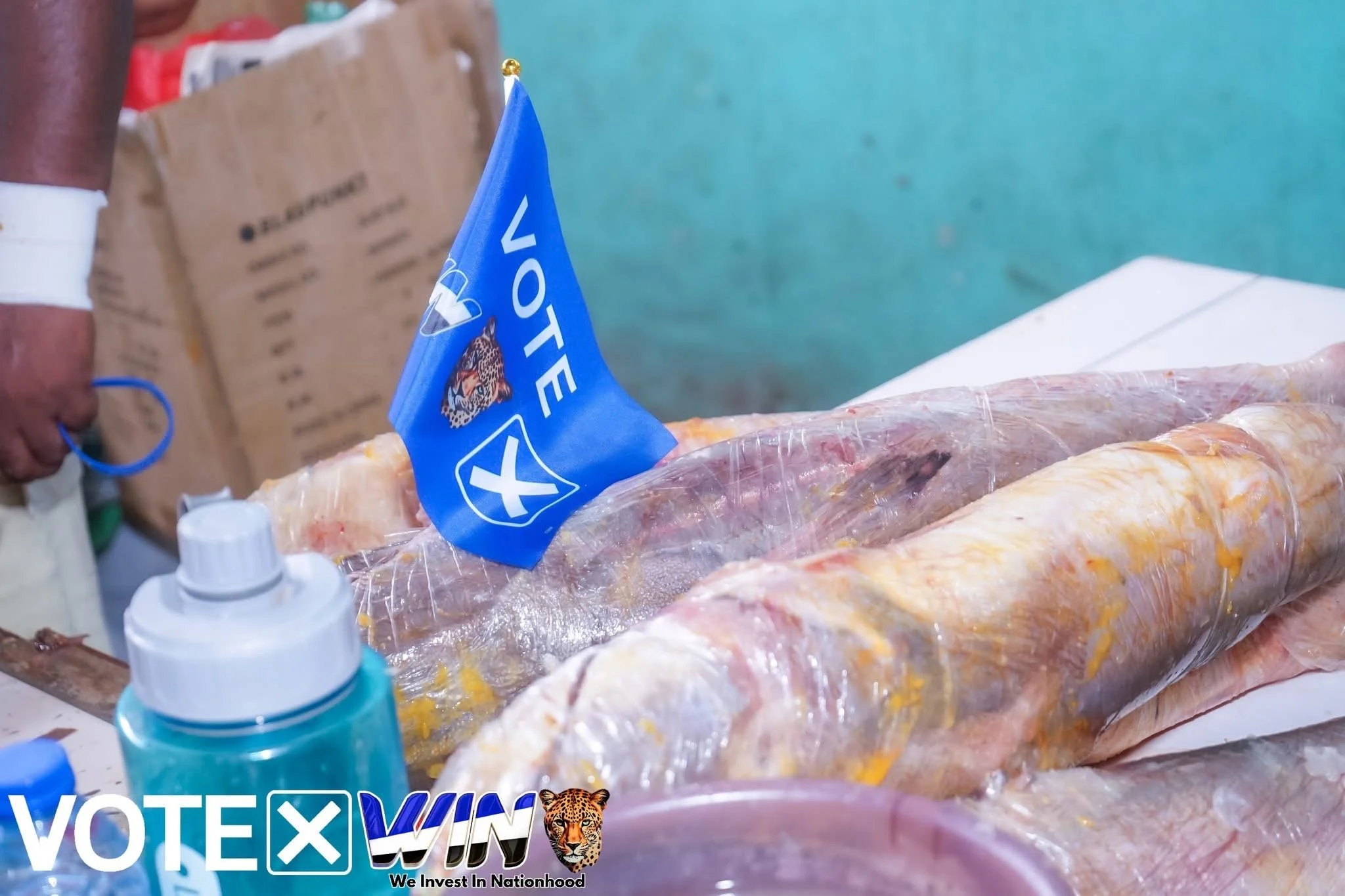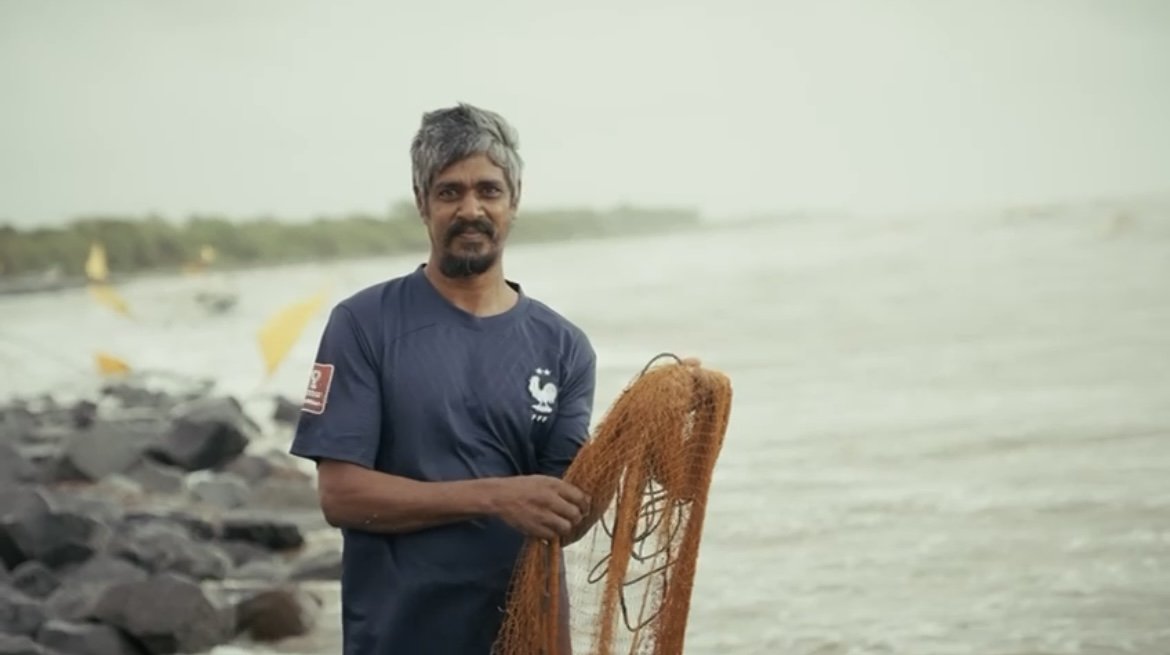AGRIVISION 2030
HOW WILL WIN SUPPORT
GUYANA’S FARMERS?
Despite being the backbone of our economy, many farmers in Guyana feel abandoned. From poor drainage and outdated tools to weak markets and climate vulnerability, farmers struggle while feeding the nation.
WIN will deliver real change, because when We Invest in Nationhood, we support those who feed us all.

WHAT WE WILL DO
-
Develop the principle of incentivised farming by having targeted incentive-based grants to farmers who adopt innovative farming systems, such as revitalised hydroponics and aquaponics, with special emphasis on women and youth.
-
Establish national distribution centres that will spearhead campaigns to distribute agrochemicals to farmers across all regions of Guyana.
-
Enhance market access by improving infrastructure in rural communities, such as cold storage facilities to minimise post-harvest loss and better roads to support farmers moving their produce.
-
Support agro-processing by offering grants or loans for small-scale agro-processing units to produce items like pepper sauces, jams, or other produce made from local crops.
-
Integrate vertical farming systems to maximise land efficiency.
-
Implement digitisation for the monitoring and evaluation of crops as part of the national policy on digitisation.
-
Facilitate demo projects for vertical farming for high-value crops incorporating hydroponics.
-
Identify new areas for farming development across the country in all 10 regions.
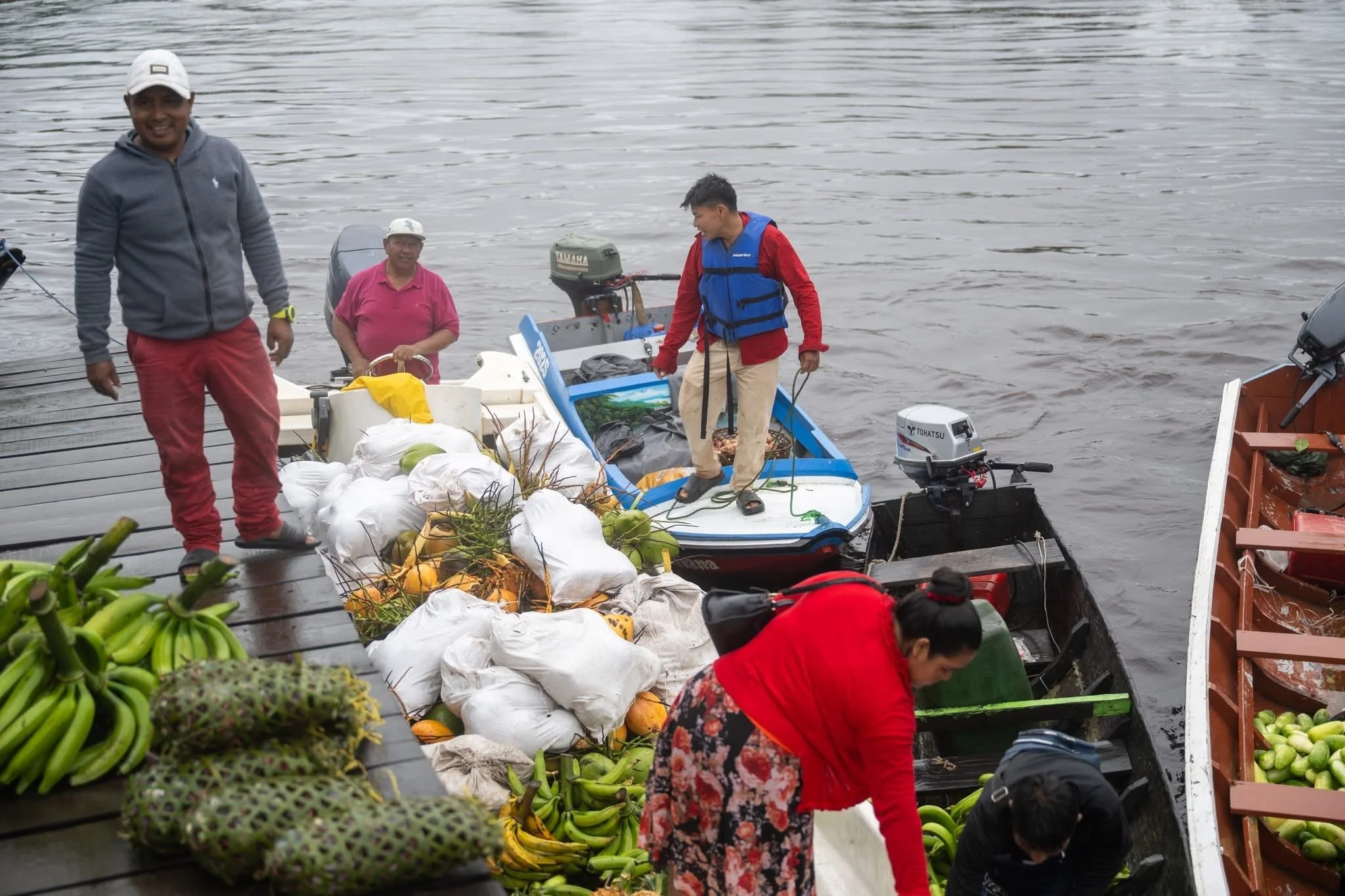
WIN Initiatives
WIN’S Regional development
-
Launching an ‘Indigenous-led smart farming Programme’ with modern machinery, Agri-hubs and training for farmers with the aim of increasing crop production by 50% and creating jobs for the region.
-
Building modern processing facilities for coconut oil and preservatives to increase exports, reduce post-harvest loss, and generate employment.
-
Improves rice farming with smart milling technology and irrigation upgrades under the brand "Essequibo Gold"
-
Transforming Georgetown's market into multi-level markets while maintaining most of the traditional architecture.
-
Establishing a fisheries port with cold storage and aquaponics training to reduce imports and increase exports and providing much-needed support to fisherfolk with new market access.
-
Developing logistics centres, roads, and border trade infrastructure with Suriname. This will include a deepwater harbour and will create jobs in transport and warehousing for residents in the region.
-
Launching Guyana's first certified green mining school, training miners in eco-mining, and land restoration to reduce deforestation and illegal mining.
-
Upgrading roads in the region and the Mahdia airstrip to improve access to healthcare and trade.
-
Creating a fully Indigenous-led meat processing and leather goods industry.
-
Rebuilding an alumina refinery and smelter plant to process local bauxite into value-added aluminium products, supporting industrial diversification, and boosting exports.


